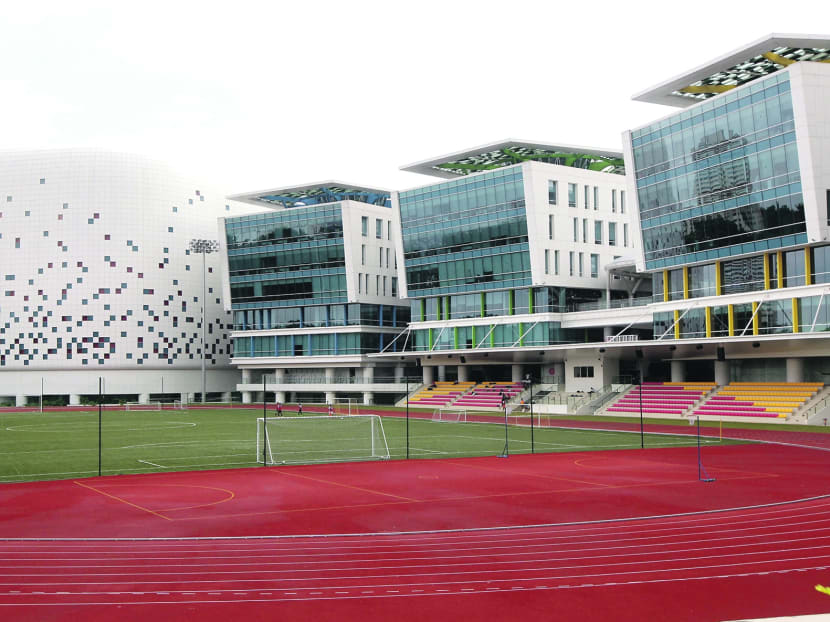Committee to strengthen applied pathways in tertiary education
SINGAPORE — A committee will be launched to strengthen applied pathways in Singapore's tertiary education sector, Prime Minister Lee Hsien Loong said today (Nov 8).
Speaking at the official opening of ITE Headquarters and ITE College Central, Mr Lee said the Applied Study in the Polytechnics and ITE Review (ASPIRE) will enhance students' career and academic progression prospects, and better match students' strengths and interests to applied pathways and opportunities.
The Committee, to be chaired by Senior Minister of State for Education Indranee Rajah, will also strengthen the role of Polytechnics and ITE in research, innovation and enterprise, Mr Lee said.
"It will involve industry leaders, education institution leaders, and Government agencies." The Committee should finish its work by next year, Mr Lee added.
In his speech, Mr Lee said that with the economy becoming more sophisticated and diversified, two important shifts will have to be made in order to continue creating opportunities for youths to fulfil their aspirations.
Firstly, there will be more focus on applied learning, "to integrate classroom learning with real life applications on-the-job, and to encourage students to creatively apply concepts to practical problems," the Prime Minister said.
Students will acquire deep skills and integrate theory with practice, through internships and work attachments, he added.
The second shift will be in promoting lifelong learning, which, “is the best way to progressively upgrade ourselves - to work, to gain experience, to learn new skills, acquire further qualifications, and then repeat cycle throughout our working careers," Mr Lee said.
In his speech, Mr Lee also urged Singaporeans "not to pursue the paper chase, just for qualifications." A degree which is not relevant to industry will not improve employment prospects and may not be worth the cost of attaining it, he added, citing the case of South Korea, where 70 per cent of students earn degrees but the unemployment rate of university graduates is higher than that of high school graduates.
Singapore's ITE and Polytechnic system is successful, because the Republic has - like the Swiss, Germans and Danes who value applied education - focused on acquiring skills and applied learning, Mr Lee said.







